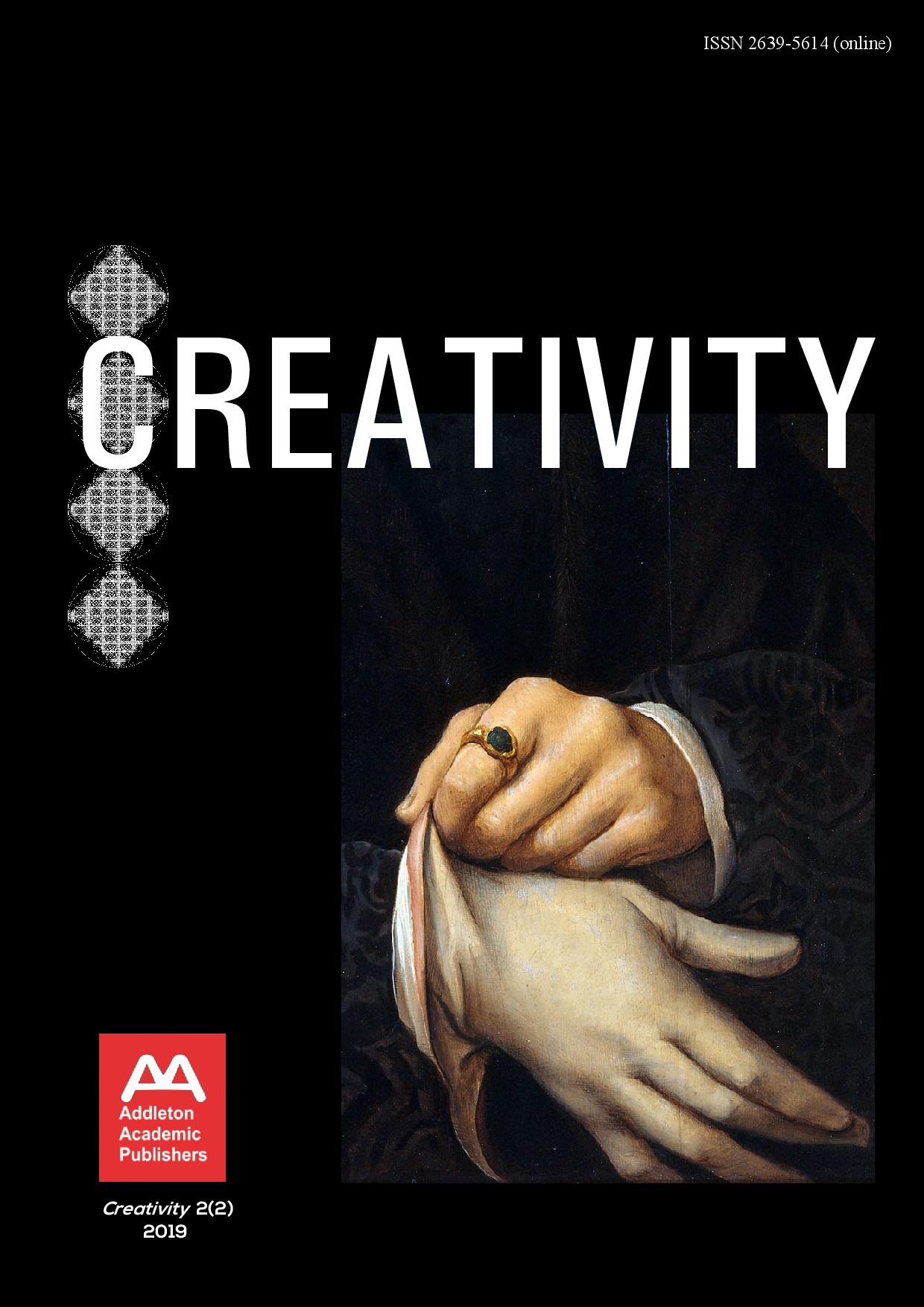Roger Zelazny and Hindu thought (I): Hindu philosophy at a glance
Roger Zelazny and Hindu thought (I): Hindu philosophy at a glance
Author(s): Loredana AsafteiSubject(s): Novel, Indian Philosophy
Published by: Addleton Academic Publishers
Keywords: science fiction; Indian philosophy; Sāṃkhya; Vedānta; Buddhism; American literature; religion; karma; maya; mokṣa; dharma;
Summary/Abstract: The following paper, presented in two parts, examines the influence of Hindu mythology, religion and philosophy in Roger Zelazny’s Lord of Light (1967), a Hugo Award-winning novel (1968) which belongs to what is now known as the “New-Wave SF” – a literary movement of the 1960s, initiated by science-fiction writers like J. G. Ballard and Brian Aldiss. Lord of Light is particularly significant for the hybrid subgenre of science fantasy, which merges elements from both science fiction and fantasy. Science fantasy uses a variety of resources of the scientific-extrapolation type (e.g. far-future landscapes, logical-rational explanations for supernatural events, etc.), while also incorporating elements of mythology and magic (e.g. heroes, gods, demons, etc.) and even of philosophy. In Lord of Light (1967), Roger Zelazny blended mythological and religious aspects characteristic of Indian philosophy with elements of technology and scientific extrapolation. The present paper suggests that in and via Lord of Light, viz. through its close reading of Hindu and Buddhist elements and through the interweaving of the latter with technological elements and scientific extrapolation, the science-fiction genre took a step forward toward its recognition in the literary canon. Therefore, we propose that Zelazny played an important role in blurring the barriers between the literary canon and the field of SF, as well as those between science and the metaphysical realm or religion, due to the American author’s exquisite blending of reason, imagination, science and mythology in his literary work. This is significant since the New Wave SF movement transformed the SF genre and marked a shift from the traditional and conservative SF (cf. James & Mendlesohn 2003: 48-55). It can thus be argued that Zelazny, through a comprehensive study of Eastern mythology, religion and philosophy, manages to bring forth a broad landscape of Hindu history and civilization that seems real and plausible, while at the same time fictionally transforming and adapting certain Hindu and Buddhist elements by maintaining the scientific attitude which is inherent to the SF genre as a whole and to the myth of the future that Zelazny aims to create in Lord of Light. In the first part of the present paper we thus introduce the reader to some essential aspects of Hindu thought which are relevant for our analysis, while in the second part (in the next issue) we will focus on the novel itself.
Journal: Creativity
- Issue Year: 2/2019
- Issue No: 2
- Page Range: 259-287
- Page Count: 29
- Language: English
- Content File-PDF

